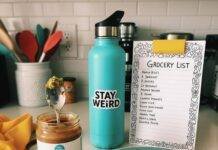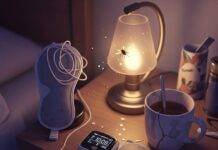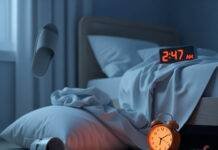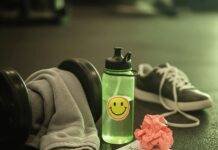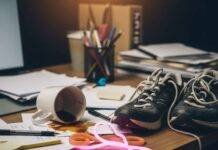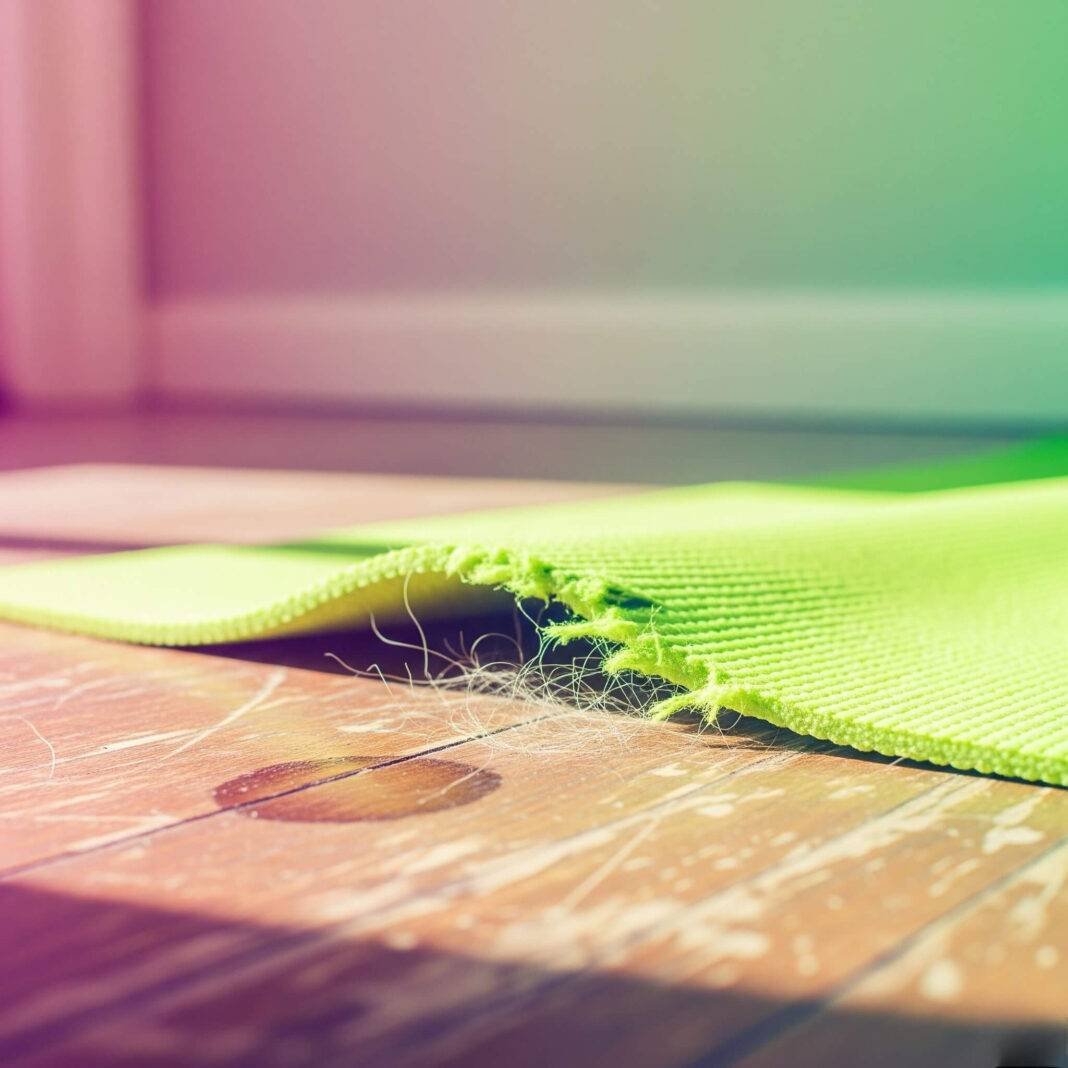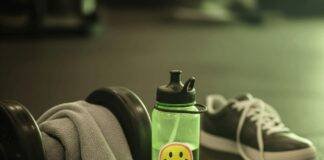Here’s How I Crashed My Sleep and Dug My Way Out (Kinda)
Okay, sleep disorder resources—ugh, where do I even start. The first time I Googled “why can’t I sleep at night,” I was wrapped like a burrito in a heated blanket, crying into a microwaved bean sock (yes, a sock full of beans, no regrets). This was in my cramped apartment in Denver, and I hadn’t slept more than 3 hours a night for weeks.
And listen, this wasn’t cute quirky insomnia. This was horrible decision-making, bad skin, mood swings, and once I forgot to put gas in my car twice in one week. What saved me wasn’t one magical cure—but a weird, personal mishmash of sleep disorder resources that finally gave my poor brain a break.
\The First Rule of Sleep Club? Admit It’s Broken\
So, uh—yeah. Let’s normalize the chaos.
Here’s what I wish I’d known when I was doom-scrolling Reddit at 4AM while researching “CBT for insomnia” and convincing myself I had brain worms.
🔍 What Even Are Sleep Disorder Resources?
Spoiler: It’s not just melatonin and white noise playlists. Legit sleep disorder resources fall into a few categories:
- Professional Help: Cognitive Behavioral Therapy for Insomnia (CBT-I) changed my life. (Here’s the Sleep Foundation’s breakdown.)
- Sleep Trackers & Apps: Some are junk. Some made me neurotic. But I swear by Sleep Cycle—it’s weirdly gentle.
- Podcasts & YouTube: I fell asleep to Nothing Much Happens and Dr. Andrew Huberman’s Sleep Toolkit more times than I can count.
- Support Communities: Weirdly validating to hear other folks rage at their Fitbit sleep scores. Try r/insomnia if you’re brave.

\Things I Tried That Were Embarrassing but Sorta Worked\
🥴 “Sleep Hygiene” Is a Real Thing (And No, It’s Not Just a Buzzword)
I used to sleep with TikTok autoplaying on my chest and then wonder why I was groggy. Lol. Fixing my sleep hygiene was painful but necessary:
- No screens 1 hour before bed (honestly, 30 minutes felt revolutionary).
- Dimming my lights like I was prepping for a romantic dinner… with myself.
- Wearing ridiculous blue light glasses that made me look like a gamer dad.
👉 Mayo Clinic’s take on actual sleep hygiene, in case you want to be, like, medically responsible.
🧪 The Sleep Gadgets That Weren’t Total BS
- Weighted blanket: Felt like being hugged by a sleepy bear. 10/10.
- Sleep mask with Bluetooth: I got this $20 one on Amazon and now I sleep like I’m in a low-budget sci-fi film.
- Lavender pillow spray: Look, maybe placebo, maybe magic. Still using it.

\When Therapy Helped Me Rewire My Insomniac Brain\
I was super skeptical about therapy for sleep. Felt too… serious? But CBT-I (Cognitive Behavioral Therapy for Insomnia) was a game-changer.
It forced me to stop chasing sleep like a raccoon chasing a flashlight.
If you’re even thinking about therapy, look into these:
- CBT-I Coach App — surprisingly not terrible.
- Psychology Today’s Therapist Finder — just filter for sleep issues.
- Sleepio — nerdy but it helped me realize I wasn’t broken. Just… very tired.
\What Didn’t Work (And Made Me Feel Worse)\
Let’s be real. Not all sleep disorder resources are golden.
Here’s what backfired:
- Melatonin overdose: Took like 10mg once. Had vivid dreams about a haunted Walmart.
- YouTube “sleep hypnosis”: Made me feel like a cult member. Nope.
- Cutting caffeine entirely: I tried to go cold turkey and gave myself a rage headache. Now I just stop drinking coffee after 2PM and call that a win.
Sooo… Am I Sleeping Like a Baby Now?
Ha. No. But I’m not crying in the shower at 6AM anymore either. I still have nights where my brain decides to replay middle school embarrassments like a highlight reel. But I have tools now. I’m not flailing.
These sleep disorder resources weren’t magic. But they stacked up. And they gave me something I didn’t have before: hope, and a routine.
\Try This Before You Panic-Google “Why Am I So Tired” Again\
- Try a legit sleep app like Sleep Cycle.
- Don’t binge melatonin. Just don’t.
- Look into CBT-I. Even a few sessions can help.
- Listen to Nothing Much Happens. It’s like a bedtime story for adults.
- Start a dumb little sleep journal. Even if it’s messy. Especially if it’s messy.










